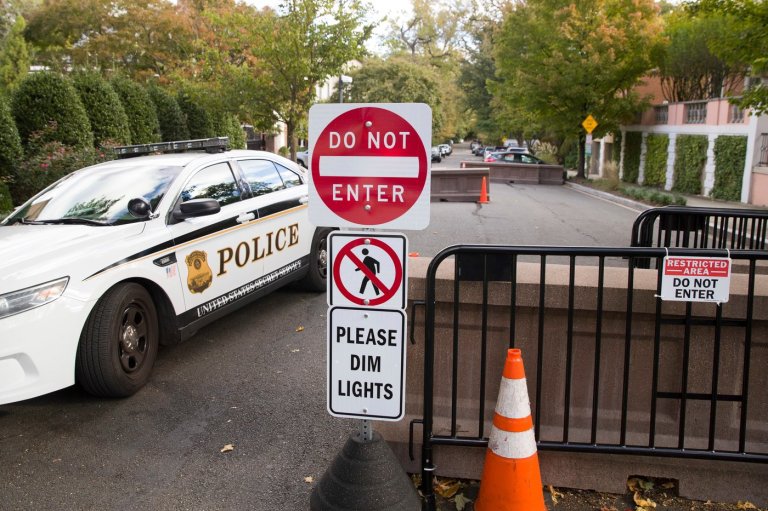Mosul operation to test UN humanitarian efforts
The military operation to wrest Mosul from the Islamic State group could potentially become the single largest, most complex humanitarian operation in the world in 2016, a U.N. official said Monday.
Speaking via video-link from Iraq, Lise Grande, the U.N. humanitarian co-ordinator for Iraq, said that in the worst case scenario, some 1 million civilians could flee the city with 700,000 of them requiring shelter — overwhelming emergency sites that currently only have the capacity to hold 60,000 people.
“Our capacity to support 700,000 people in the short-term — we couldn’t do it. And certainly if we had to mount a response over the intermediate-term, if they couldn’t go back to Mosul quickly, if there was too much damage in the city, then it would test us to the breaking point,” Grande said.
She said that the U.N. was especially concerned about the safety of the estimated 1.2 to 1.5 million civilians inside Mosul who may get caught in the fighting. She said officials were also concerned that IS had already booby trapped parts of Mosul and positioned snipers within the city.
“In the worst case scenario, we can’t rule out the possibility that there may be a chemical weapons attack. We also fear that ISIL, as they did in Fallujah, may try and hold civilian populations either as human shields or forcibly expel huge numbers of civilians in the face of an attack by the Iraqi security forces knowing the Iraqi forces will not fire on their own people,” Grande said, using another acronym for the Islamic State group.
Grande said she has heard reports of people charging as much as $10,000 to smuggle people out of Mosul ahead of the operation to retake the city that was launched Monday. She said that, so far, the U.N. hasn’t detected any population movements but that they were expected within the coming days.
Largely due to a lack of funding from the international community, the U.N. and its partners have only set up six emergency sites with a capacity to hold some 60,000 people. But Grande said in the next few weeks 22 emergency sites should be in place with a capacity to hold over 400,000 people — far short of the 700,000 people who could potentially flood out of the city.
“W, we’re still short and everyone who’s working on this operation knows that. We’re continuing to discuss with authorities what might have to happen,” Grande said.
Mosul, Iraq’s second largest city, fell to IS in the summer of 2014. Weeks later the head of the extremist group, Abu Bakr al-Baghdadi, announced the formation of a self-styled caliphate in Iraq and Syria from the pulpit of a Mosul mosque.
If successful, the liberation of Mosul would be the biggest blow yet to the Islamic State group.
Join the Conversation!
Want to share your thoughts, add context, or connect with others in your community?
You must be logged in to post a comment.















